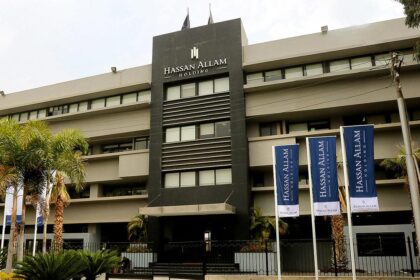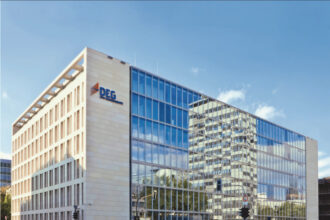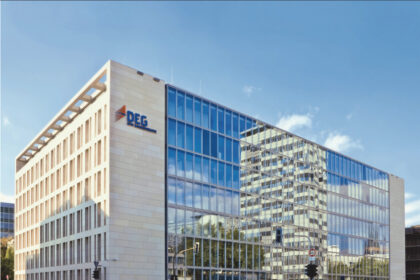In celebration of its 22nd anniversary, Globacom reeled out network improvement projects aimed at enhancing customer experience.
Globacom, according to officials, has been working round the clock to ensure that subscribers across the country continue to get value for money especially with the recent tariff increment approved by regulatory authorities,
The network upgrade involves the deployment of new base stations to cover new locations and densification to improve coverage in areas with growing population to guarantee excellent network quality for both voice and data services all over the country.
Globacom is also relocating its fibre infrastructure in several locations where road constructions across the country have had an impact on network quality. The locations include Auchi-Okene, Benin-Ekpoma, Lafia-Akwanga, Minna-Abuja, and Funtua-Gusau. “The fibre cables along these routes and others have to be relocated either temporarily or permanently to make way for road projects”, the company disclosed.
The exercises point to brighter days for Glo customers as it is also about to complete the deployment of over 500 new sites across the country. That aside, the network has this year alone deployed over 1,000 4G LTE sites across key cities and locations across the country, while 150 new ones are being deployed currently to scale up the number.
To complement this, there has also been a massive upgrade of the backhaul capacity in terms of microwave and fibre, as well as a well-planned improvement in the core network, which is going on seamlessly.

The company assured that the ongoing efforts will lead to enhanced service delivery, superior network quality, and expanded coverage. Additionally, customers can expect faster data speeds and improved overall network performance.
Globacom targets to add over a thousand new sites over the next one year, with a focus on adding more LTE sites to the existing ones to deepen its reliable data reach. The company is also focused on extending fibre to all the sites that are nearing completion so as to strengthen the delivery of service.
The company is also focused on minimizing carbon emission in its operation with an increasing expansion of hybrid power, relying more on battery power than the use of generators across its sites nationwide. This comes at a great investment cost too.
The telco is still worried that despite the designation of telecoms architecture as critical national infrastructure, deliberate sabotage of network equipment is still going on, and this requires more action to nip ir in the bud.
















